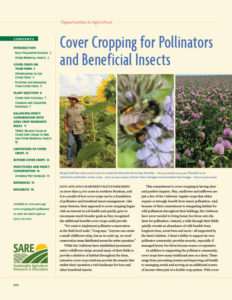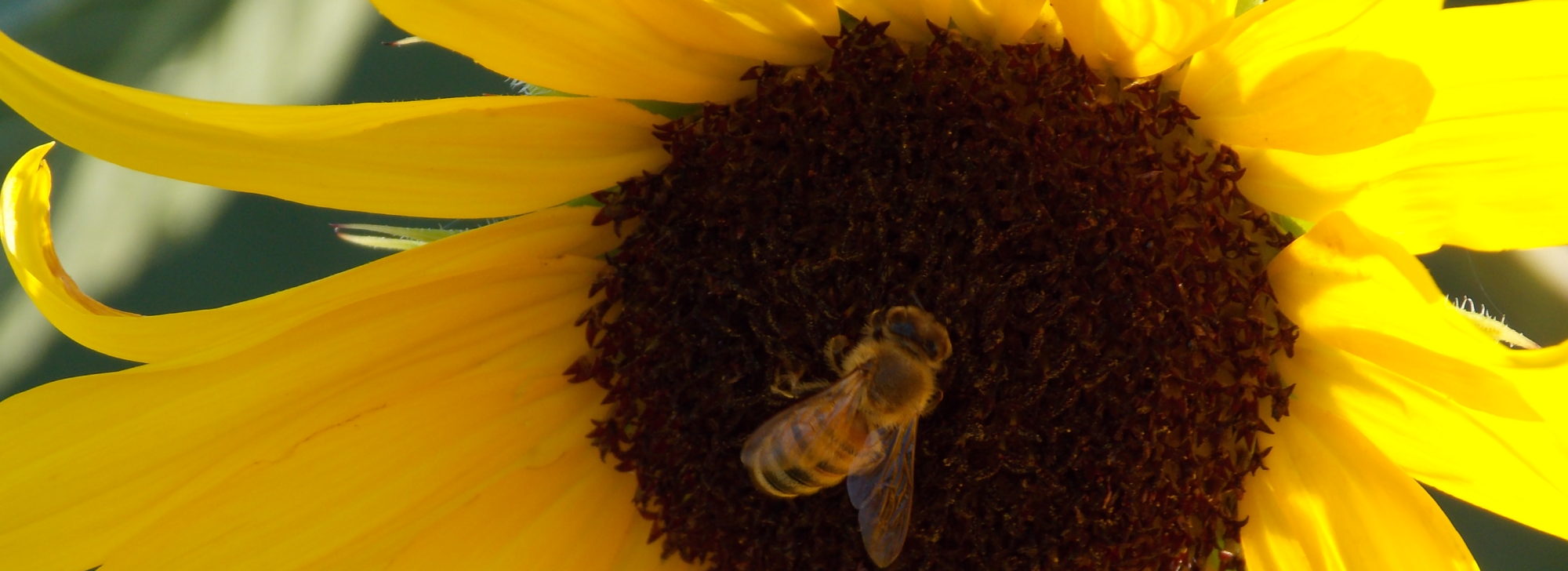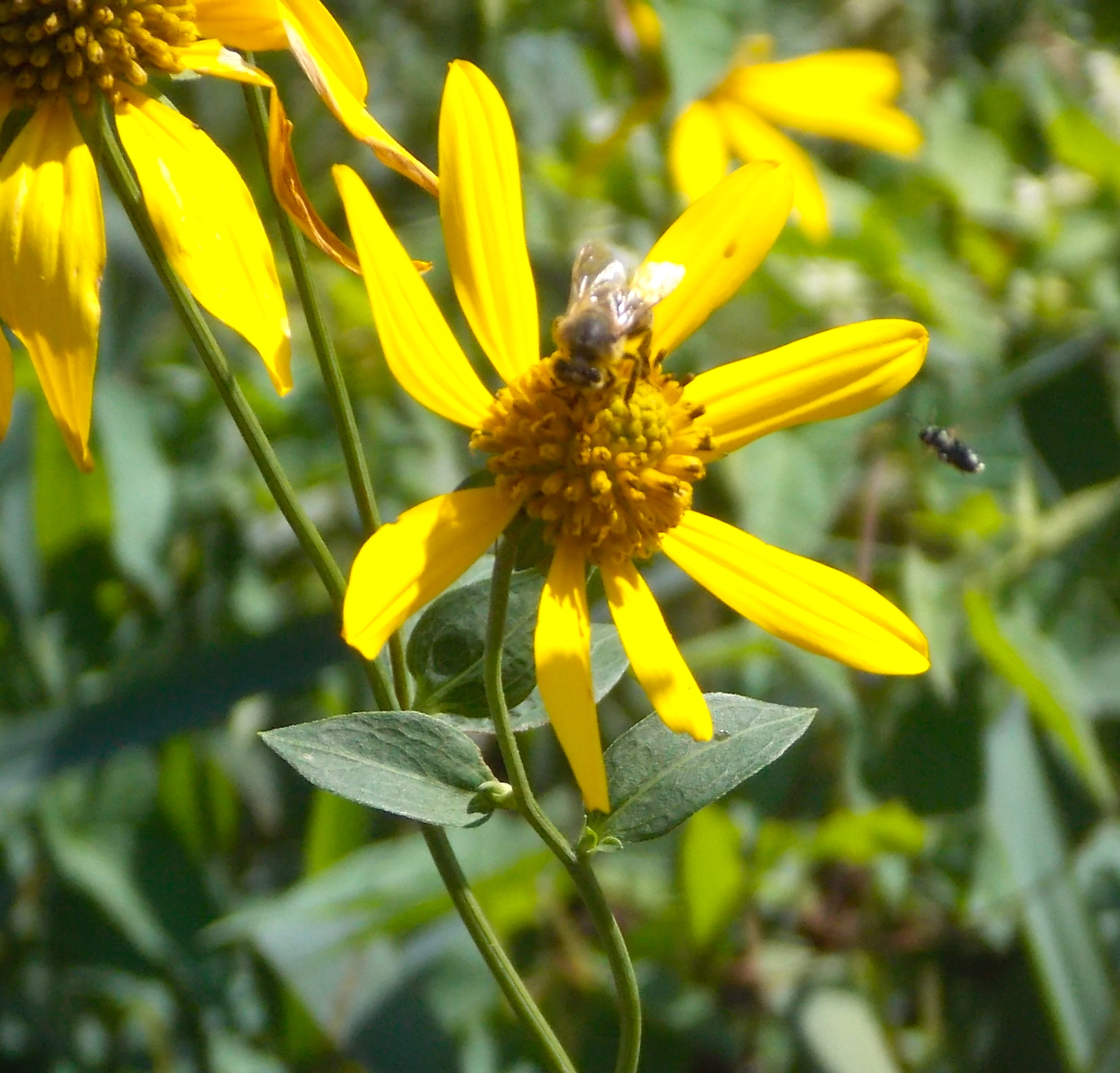Save The Honey Bees

They're vanishing at an alarming rate.
Lets pretend that in your line of work the numbers started to change. There's a sudden decline in people needing your services. Lets pretend that you're a teacher.
One morning you walk into the school. Something's wrong, you can feel it. When the bell rings one-third of your students are missing.
A few minutes later the principal walks in and asks to speak with you. She shares that in each classroom thirty percent, and in some classrooms seventy percent, of the students are missing. The trend continues day after day. The declining enrollment is alarming. And it's not just your school. This is happening at all the schools in your state.
In the coming months you learn the trend is happening globally. 30 - 70% of school-aged children have vanished. What's causing this and where have the children gone?
Now it's getting personal. The decline is affecting your contract. Lower school enrollment equates to lower numbers of teachers. How will you meet your financial obligations and feed the family?
Seems far-fetched, right? Well, this is exactly what's happening to the bees. They're vanishing without a trace. Beekeepers have lost 30% of their colonies. In some areas the numbers are closer to 70%. Remember; one out of every three bites of food requires bees for pollination.
In the book, More Than Honey , (there's also a video available) Markus Imhoof and Clause-Peter Lieckfeld use a similar scenario;
If 70 percent of all cattle or 30 percent of all chickens were to die annually, states of emergency would be declared everywhere. The death of bees is at least that dramatic and with even more far-reaching consequences.
Vanishing Bees is a Global Crisis
The more personal an issue is the more meaning it has for you. The declining bee population does directly affect you. One of the reasons for the decline is due to herbicide and pesticide use. Studies show that when hives are located close to genetically engineered crops both honey and pollen contain toxic levels of chemical residue. Bees suffer with memory loss and nervous system disorders after visiting plants genetically engineered with systemic pesticides (neonicotinoids). The toxins create confusion, the bees can't find their way back to the hive.

Sustainable Agriculture Research & Education (SARE) has a free publication; Cover Cropping for Pollinators and Beneficial Insects.
Planting a cover crop of Buckwheat is great for honey bees and other pollinators. It will improve your garden, too.
Please, Save the honey bees.
August 20, 2016 is National Honey Bee Day.

